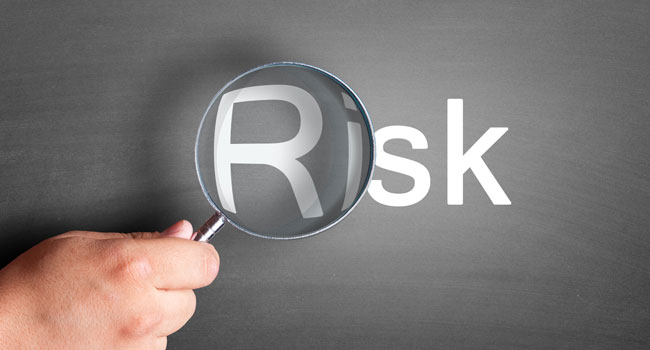Building a new website can be a huge task, and an opportunity to evaluate and re-focus your business image.
Here is a list of some of the most important questions to think about and discuss with your web developers before starting your website.

Building a new website can be a huge task, and an opportunity to evaluate and re-focus your business image.
Here is a list of some of the most important questions to think about and discuss with your web developers before starting your website.
The most frequent question people have is: “How much will my website cost?” Sadly, there’s no magic formula. You need to think and determine what your goals are for that particular website and what exact features you need. Some of the features might include a responsive version of the website, e-commerce shopping cart, a newsletter sign-up etc.
When you have those requirements well thought out, then you can start browsing around for different cost estimates from web developers. One thing to keep in mind is that you should be very skeptical of any web developer that gives you just a generic prices straight out without spending time understanding your business and developing a thorough list of features that will align with your requirements.
One thing to keep in mind is that the website is not a one-time expense. Websites need to be updated and have ongoing maintenance costs. This includes monthly domain hosting (which can cost anywhere from $5-50 per month, or even more, depending on the server specs and the amount of your traffic), CMS plugins and their subscriptions (plugins for forms, fighting spam, different buttons, etc.) and SEO fees (most commonly $250-$2,500 per month).

Most of the time you will want your website builders to also perform any updates or maintenance that might be needed over time, so it is important to contract someone who you feel like you can work with over the longer term.
Also, the website represents your online presence and should be considered as a marketing tool that will grow your business and generate revenue, so consider future monthly marketing costs as well.
There are certain risks in building and running a website and these usually come back to the financial investment involved. If you have just started your business, the website shape and design is usually based on how you perceive the market you are catering for (or creating).
The website should come after you have defined your market, at least begun to source suppliers, established a sense of branding, and almost every other facet of beginning and running a business. The last thing you would want is to imagine the website a particular way before understanding your market. Rebuilding or dismantling parts of a website incorrectly perceived can be an expensive waste of time.
The first thing you need is a domain. You can usually get one for $10 a year, but if you’d like a premium domain (sought-after domains with short and common words) it can cost you a few hundred or thousand dollars.
Next, you’ll need to purchase a hosting which has a monthly fee. If you’re just getting started and won’t have a ton of traffic to your website, then hosting is affordable and it’ll cost $5-50 per month. Website maintenance is something that is optional, but if you’d like a peace of mind and 24/7 monitoring, backups, updates, etc. then expect to pay $250+ per month.
Other costs include marketing such as SEO. It’d be best to contact an SEO professional so you can know if is worth risking money on SEO or if you’d be able to get a return on investment after paying for SEO services.


Unfortunately, no two websites are the same. The time it takes depends on the size, the functionality of the build, communication etc. Rough estimates to live date can be anywhere from 8-12 weeks, but it can certainly be more.
There are various things that affect the time length, such as client approval times and response, discussions on design and functionality etc. Clear and consistent communication between you and the agency can extremely reduce drag time in between phases.
Client responsibilities can vary and some are more hands-on, while others are more hands-off with each step of the project. At the bare minimum, you should supply brand standards (typography, corporate colours, logo, etc.), and the direction about the website needs. You might get a questionnaire for the directions part.

Since web design is an unregulated industry, is important that you are well aware of all the processes so you don’t get ripped off. There are some things to look for when selecting a web developer:
You should also know the basics of SEO because is likely that you’ll be implementing it on your site. Is a good practice to talk with your potential web developer to see if he is familiar with SEO best practices, and ask him things like, what kind of code they’ll be using to render the major design elements and what would he recommend for the content on the home page.
Also get well familiar with good website practices because there is more than just a good looking website behind the scenes. Some things to look into include responsive design and page loading speed.

When you are looking for a web developer, is important to know that there are several web development roles, and each requires a specific skill set. Let’s take a look at all the roles and what skills they should, at a minimum, be proficient at:
In conclusion, these questions will give you a strong starting point. When speaking with your web developer just keep an open mind because your great idea that looks awesome on paper might not translate well on the web.
Just take advantage of your web developer’s skills to help you make the proper decisions and you’ll be well on your way to creating your perfect website.